Before starting a gluten-free diet, for whatever reason, it’s important to speak to a dietician or a doctor. Here Dr Eleanor Atkins shows us how you can make the transition both easily and healthily…
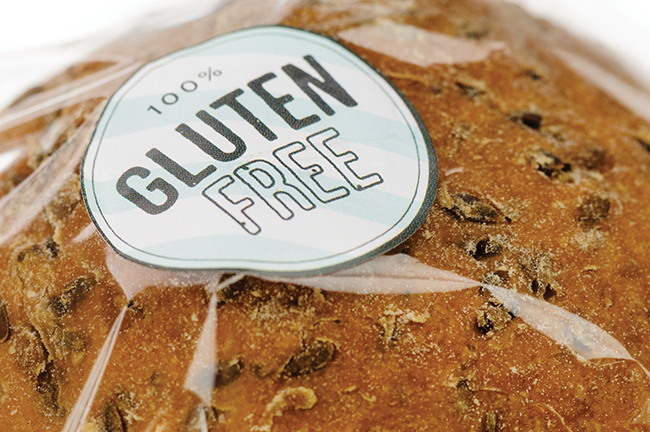
Having coeliac disease or a gluten intolerance doesn’t have to mean eating unhealthily. There are plenty of ways to ensure you have a healthy and balanced gluten-free diet, which includes all the important vitamins and minerals our bodies need.
That said, changing your diet and ditching gluten can be tough. So here are a few tips to help you healthily go gluten-free.
Make sure your diet is nutritionally-balanced
Following a healthy, balanced diet will help you get all the vitamins and minerals you need. Limit the amount of fat and sugar in your diet and aim to eat five portions of fruit and vegetables each day. Avoid drinking too much alcohol too. Beer, lager, stout and ales all contain gluten, so avoid these. There are specially-made gluten-free beers and lagers available, as well as plenty of alternatives like cider, wine and spirits. As always, enjoy these in moderation and make sure you check the label first.
Check your labels
Most pre-packed foods have a label on the back or side of the packaging for the ingredients and allergens. Reading this information will help you understand if a product contains gluten and whether it’s healthy too. Foods labelled ‘gluten-free’ or which have the Crossed Grain Symbol are generally safe for most people with coeliac disease to eat. ‘Wheat-free’ doesn’t necessarily mean gluten-free though. And if it contains grains with gluten, this should be shown in bold letters in the list of ingredients – for example wheat, barley or rye.
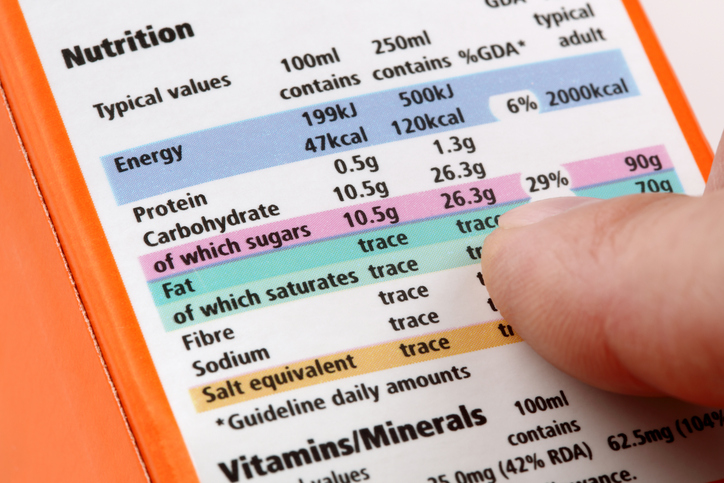
Likewise, the labels will help you understand the nutritional value of your food. These days there are lots of gluten-free substitute foods available. However, keep in mind that not all gluten-free food is particularly healthy. Some processed varieties are made with large amounts of sugar and fat. You can find the nutrition value and ingredients on food labels and these can help you decide whether it’s suitable for your gluten-free diet and if it’s a healthy choice.
Enjoy the foods you can eat
Instead of focusing on the foods you’ve cut out, remember there are plenty you can still enjoy! Try to include at least five portions of fruit and vegetables a day in your diet, as well as opting for low-fat dairy products and proteins such as lean meat, fish, eggs or pulses. These are all naturally free-from gluten and can be part of a healthy, nutritionally-balanced diet. If there are specific items you’re still missing, then check your local supermarket or specialist food store. Nowadays there are lots of gluten-free alternatives, so you might be in luck!
Don’t be scared of carbs
Carbohydrates often get a bad rep – say the word ‘carbs’ and for many people, stodgy food and weight gain spring to mind! But in reality, our bodies need carbohydrates to function well. There are plenty of naturally gluten-free carbohydrate options to choose from too, such as rice (brown rice in particular is a good source of fibre), quinoa, buckwheat, polenta and potatoes. Where you can, choose wholegrain varieties of your favourite carbohydrates. These are a good source of energy and can also provide fibre, iron and calcium.
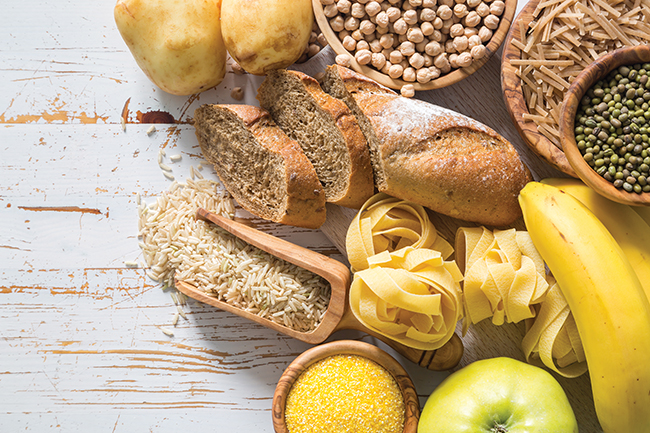
Be prepared
If you’re eating out and worried about where there are gluten-free options, don’t fret! Try to read the restaurant menu online before you visit and,
if you’re still unsure, ring up to check. If in doubt, it’s safer not to eat something you’re unsure about.
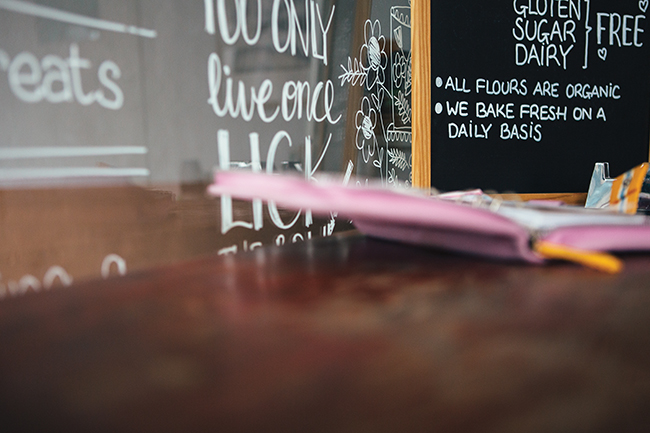
Know what to avoid
Gluten is found in bread, pastry, cakes, pasta, pizza bases and biscuits. There are also some foods to avoid that you may not expect gluten to be in, such as most breakfast cereals and processed foods – including sausages, soups and sauces. It’s important to know the types of foods that often contain gluten, so you’re not caught out.
Speak to an expert
Removing complete food groups without speaking to your doctor or dietician first could lead to you having an unbalanced diet. You should only cut out gluten if you have an intolerance or coeliac disease, so it’s important to get some expert advice before you go gluten-free. They should be able to provide you with tips, advice and healthy alternatives.
Dr Eleanor Atkins
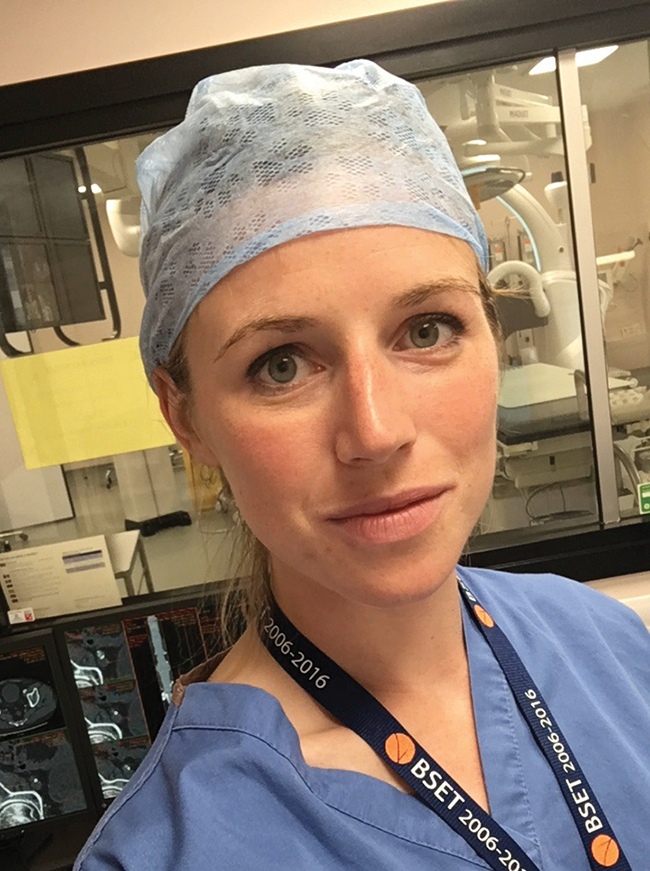 Dr Eleanor Atkins currently works for Bupa UK. Eleanor studied medicine at the University of Nottingham, graduating in 2012, and gained a BMedSci degree after carrying out research at the University of Lusaka in Zambia. She is currently in training to be a vascular surgeon.
Dr Eleanor Atkins currently works for Bupa UK. Eleanor studied medicine at the University of Nottingham, graduating in 2012, and gained a BMedSci degree after carrying out research at the University of Lusaka in Zambia. She is currently in training to be a vascular surgeon.
